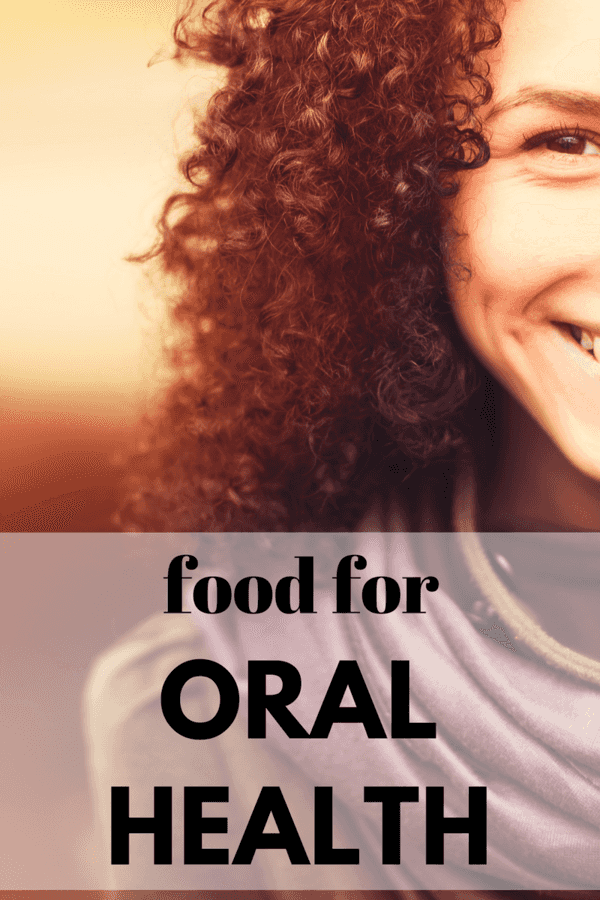
Just a few weeks ago, we mentioned the relationship between diet and cavities back on our other site – for so many years, we were eating just as normal as most other people – until my husband had some challenges in his health that caused us to make some health changes.
Somewhere along the day, we learned that our diet has a huge effect on our oral health – after series of dental appointments for myself and my kids, and with talking to our dentist, we learned that Pediatric dental disease, also known as childhood tooth decay, is the #1 chronic childhood illness in America. (source)
I couldn’t believe that, in fact.. I didn’t want to believe that.. but I knew our dentist really was being forthright in his concern for the patients in his practice.
So starts my own self research into the studies of Dr. Weston A Price. Dr. Weston Price traveled the world comparing the traditional diet’s nutrient levels and the effects that on general and dental health. The results uncovered that traditional diets that were high in nutrients produced significantly less cavities. The problem was, however, many children are overfed in calories and remain under-nourished in nutrients – and because of that, they suffer from terrible decay and general oral health.
Let me tell you something ~ being educated in alternatives for your family is amazingly empowering.
Looking at the studies from Dr. Weston A Price revealed that our oral health is a result of 3 different areas. Each of these areas works hand in hand in terms of better oral health.
- Minerals in the Diet
- Vitamins A, E, K and D in the diet
- AND, not just those 2 areas above, but how well they work together to make those items bio-available to your body
Here’s how those three areas work together:
Minerals in the Diet
Your teeth and jaws are made mostly of calcium. Without enough calcium in your diet, you risk developing gum disease and tooth decay. (src) When you reference calcium, many people think of the pasteurized milk that is sold in grocery stores. This type of milk is useless in terms of calcium as the pasteurization of milk makes that calcium insoluble to the body (useless) – and since it has been pasteurized, the phosphorus that is required for the body to develop a healthy brain and bones is also non existent, as well. Pasteurization robs milk of vitamin C as well.
Raw Milk is wonderful for teeth, since it’s not pasteurized, it’s nutrient rich, and full of vitamins and enzymes. It’s best to find your raw milk from traditional Jersey cows if at all possible as it makes it easier to digest. Most people that are lactose intolerant or have a dairy allergy can handle raw milk without issues, as much of the issue with dairy stems from what has been done to the dairy. We started drinking raw milk several years ago and it has helped support healthier overall wellness and we have a wonderful local dairy that provides great raw milk.
Vitamins A, E, C, K and D in the Diet
Raw Milk is loaded with Vitamins A, E, K and D – since it has not been pasteurized, they are bio-available in greater form for the body. In addition to Raw Milk, Fermented Cod Liver Oil is a wonderful source of Vitamin D.
Fermentation (Cod Liver Oil) allows the cod liver oil to maintain its high Omega 3, vitamin D & vitamin A content – which in turn allows the cod liver oil to be more bioavailable to your body. Many other supplements that include vitamin D or vitamin A are heat processed which destroys valuable nutrients. Supplementing with FCLO daily was just one of many ways to help boost their oral health.
- Vitamin C: A diet lacking in this will lead to bleeding gums and loose teeth. (Eat sweet potatoes, peppers, oranges)
- Vitamin D: Your body needs Vitamin D to effectively absorb calcium. (Drink raw milk or FCLO)
- Iron: A diet low in iron can cause your body to develop canker or oral sores. (Eat liver/pastured red meat)
- Vitamin B12: A diet low in B12 can lead to oral mouth sores. (Eat spinach, raw milk, pastured red meat,
- Vitamin K2: Contributes to bone health. (Eat Gouda Cheese)
While many foods are fortified with these vitamins, fortified foods aren’t as bio-available as opting to eat whole, more nutrient rich foods.
Bioavailability of Minerals and Vitamins
While Raw Milk and Fermented Cod Liver Oil are both wonderful for oral health, a diet high in grains can disrupt the effect of those nutrients and minerals on the body.
Phytic acid is a mineral blocker that is found in grains, seeds and beans – 80% of phosphorus in grains and beans is bound to phytic acid, which makes it unabsorbable. This blocks phosphorus availability in humans and the molecules bind minerals necessary for oral health. It also takes minerals out of your body, too.
The best way to avoid phytic acid is to avoid grains – and reduce phytic acid in foods with soaking (beans), and fermenting (in the case of sourdough bread).
Unfortunately, the most commonly eaten diet in America today is high in grains, high in sugars and high in vegetable oils.
In the end, a diet of processed foods lowers mouth pH and increases bacteria levels, leading to active tooth decay. Cavities are the result of a pH imbalance in the mouth – the pH in the mouth dropping every time a carb is consumed (grains, biscuits, etc). ANY drop in pH causes the teeth (which are made up of minerals) to lose minerals. However.. the ions in your saliva can help the teeth to remineralize.
Bad bacteria feed on sugars and starches (processed foods), so by limiting or avoiding them you can increase your chance of better oral health. Supplement with things like raw milk, FCLO, and nutrient dense foods (pastured meat, local organic vegetables) you can increase your chance for better oral health over time.
Combine those efforts with ditching Fluoride (which really does more harm than good), and making your own remineralizing toothpaste, and you can definitely increase your chances of preventing decay not just in yourself but also in your kids.
In the end, you don’t have to be an expert to make better choices for your family. If anything, you just have to be willing to want to learn more about alternatives to allow yourself to be empowered in the area of wellness for your own family.




Leave a Reply
You must be logged in to post a comment.